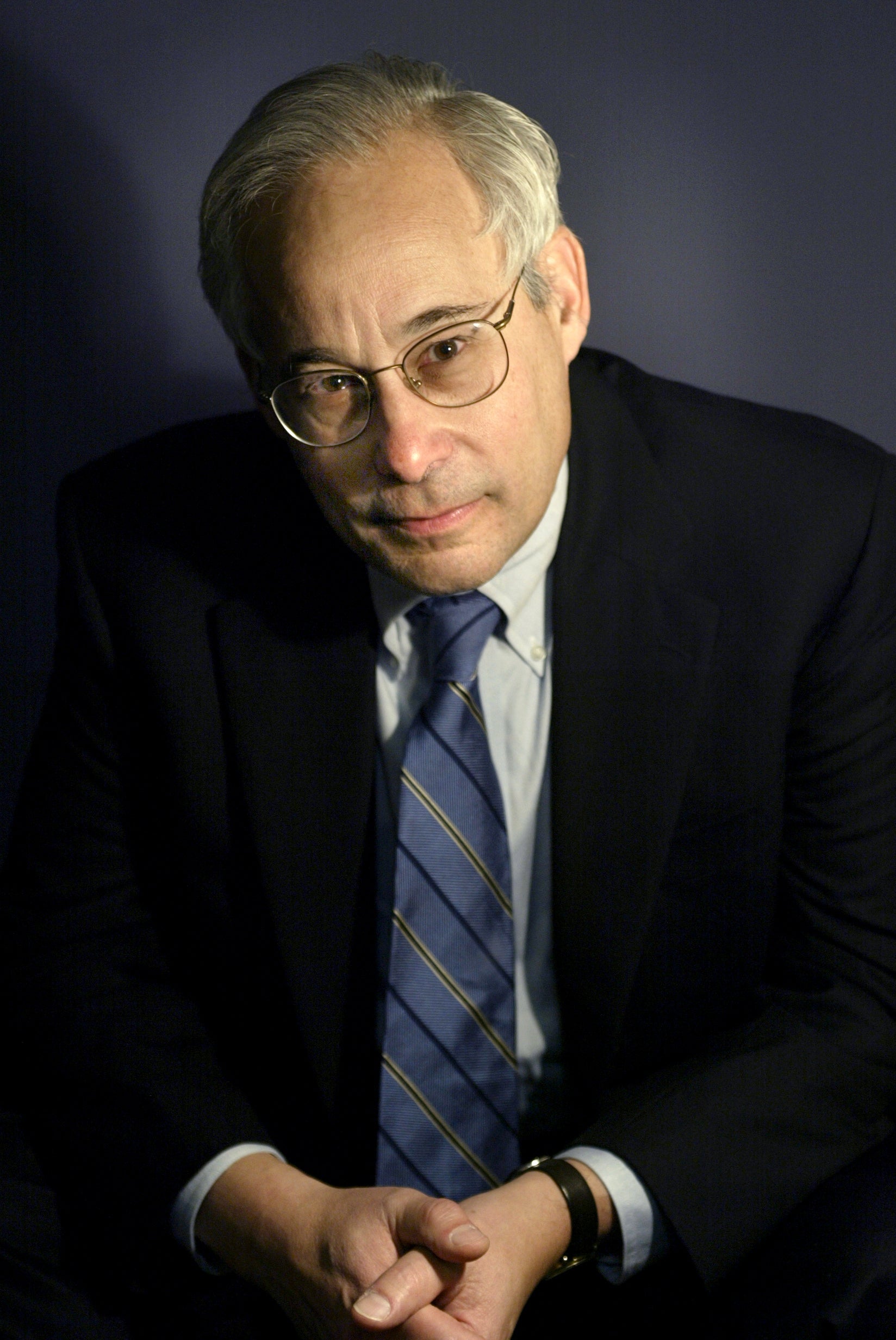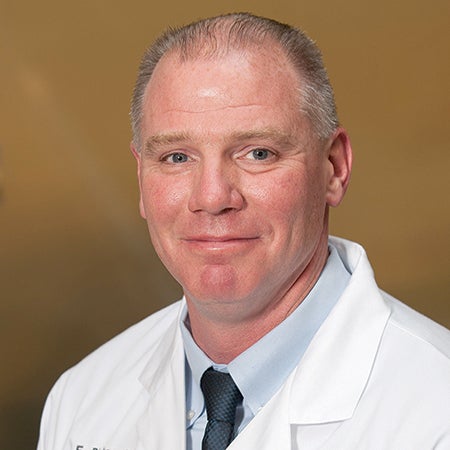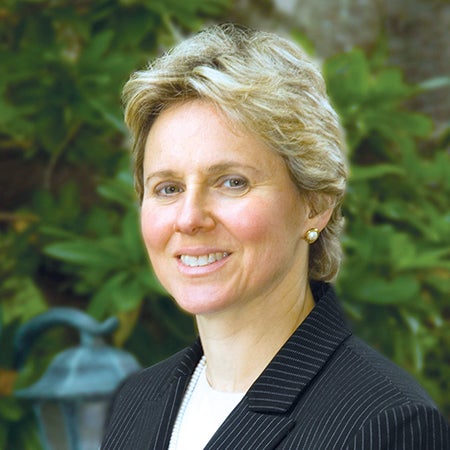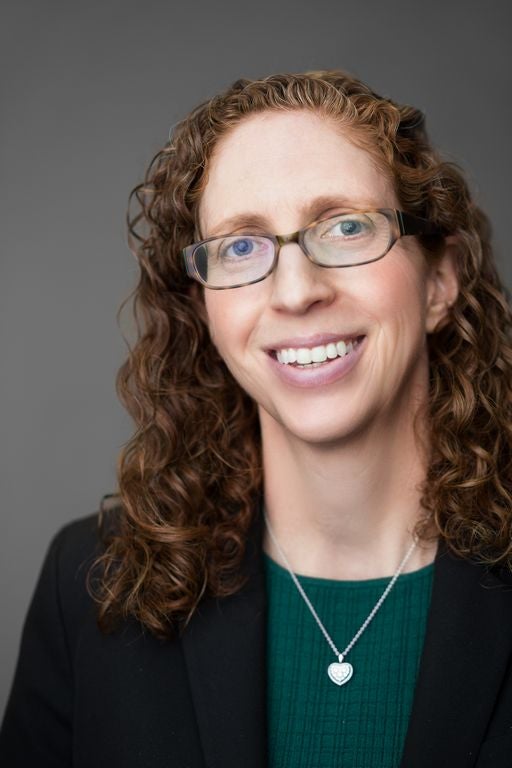The coronavirus pandemic hasn’t created health disparities between people of different races and backgrounds — it’s worsened them and exposed them for all to see, healthcare leaders said in an online forum hosted by the Worcester Business Journal on Tuesday.
The pandemic, which has killed more than 280,000 in the United States and infected at least 15 million, has disproportionately struck Black and Hispanic populations.
Hispanic residents make up 12% of the state’s population yet account for roughly twice that rate in total cases. Black residents make up about 7% of cases, about equal to their share of the population, but account for 11% of hospitalizations, according to the Massachusetts Department of Public Health.

Non-Hispanic white residents in Massachusetts make up just under one-third of total cases but almost exactly half of all virus hospitalizations. The state is 70% white, yet white residents make up about half that rate of reported virus cases.
Huge gaps in reporting also remain — more than one in four cases reported to the state don’t include the infected person’s race or ethnicity, making a more in-depth analysis difficult.
To Dr. Donald Berwick, the administrator of the U.S. Centers for Medicare and Medicaid Services during the Obama Administration and a longtime public health expert, the pandemic has made clear how bungled the country’s response to the pandemic has been, particularly with unequal outcomes for different populations.
“We still don’t have a national testing plan. We still don’t have a sense of order or unity in the country for dealing with pandemics and threats like this, and this isn’t the last 21st century threat that we’re going to face,” Berwick said. “There are others, and we’ll have to learn from this and rebuild a public health and preparedness infrastructure that works.”

Failures with properly addressing the pandemic include especially poor outcomes for people of color or lower-income residents — groups often including healthcare workers themselves, Berwick said. He likened the country’s healthcare industry to a repair shop, fixing health issues after a problem arises instead of working to make sure those problems don’t take place to begin with.
Solving those so-called social determinants of health would require working to improve the lives of children who grow up in poor neighborhoods, for example, or have unsettled or unsafe home or school lives. Doing so would require a range of fixes, including ending hunger and homelessness, reforming the criminal justice system, and making health care a human right, Berwick said.
“We’re the only developed nation on earth that doesn’t make health care a human right,” he said.
Berwick was the keynote speaker for a healthcare forum that included the top officials of two Worcester hospitals, UMass Memorial Health Care President and CEO Dr. Eric Dickson and Saint Vincent Hospital CEO Carolyn Jackson, as well as Dr. Carolyn Langer, the senior vice president and chief medical officer at Fallon Health, and Lou Brady, the president and CEO of the Family Health Center of Worcester.

Across an event that spanned more than 90 minutes, the executives talked about how their workforces have responded to the pandemic, what health policy changes may be needed to avoid such health disparities in the future, and how the industry’s been rapidly reshaped by the pandemic, including a sudden shift to telehealth.
Dickson, who has been outspoken in the past in support of a so-called Medicare for All plan, said Tuesday such a program, also known as a single-payer system, can work if enacted nationally and in tandem with administrative simplifications.
“The repair shop costs too much,” Dickson said, referring to Berwick’s industry analogy, describing such costs as taking away from addressing food insecurity and other social determinants of health. Healthcare insurance for UMass Memorial’s own employees costs more each year than the pharmaceuticals the hospital system uses to treat patients, he said.

“This is ridiculous that a nation with this kind of wealth cannot give everyone just a basic health insurance,” Dickson said.
Brady, whose Family Health Center works with people who are less likely to have commercial health insurance, agreed on the need for a single-payer system.
“It’s a matter of, where do we want to invest our resources for the highest [return on investment],” he said.
Langer and Jackson didn’t fully support a single-payer system but said improvements can still easily be made, whether in making sure people have access to preventative care and trust the healthcare system.

The healthcare leaders expressed frustration more precautions aren’t being taken by more of the public with the coronavirus pandemic, and with the toll the pandemic has taken on their workforces.
“We still see people running around this city spreading this virus, not wearing a mask and getting together socially when they shouldn’t,” Dickson said. “If we could just all focus intently on doing the right thing every day in terms of our infection control protocols, and everyone knows what they are by now, we could alleviate a lot of suffering.”
Brady sees systemic shortcomings as needing fixing in order to cut down on minorities disproportionately suffering from the pandemic. Differences in care can often be unintentional, he said.
“There’s a visceral reaction when we talk about systemic racism because no one wants to think of themselves as racist,” he said. “We need to get people to not focus on the intention — let’s assume everyone’s intentions are good. So let’s focus on impact.”
